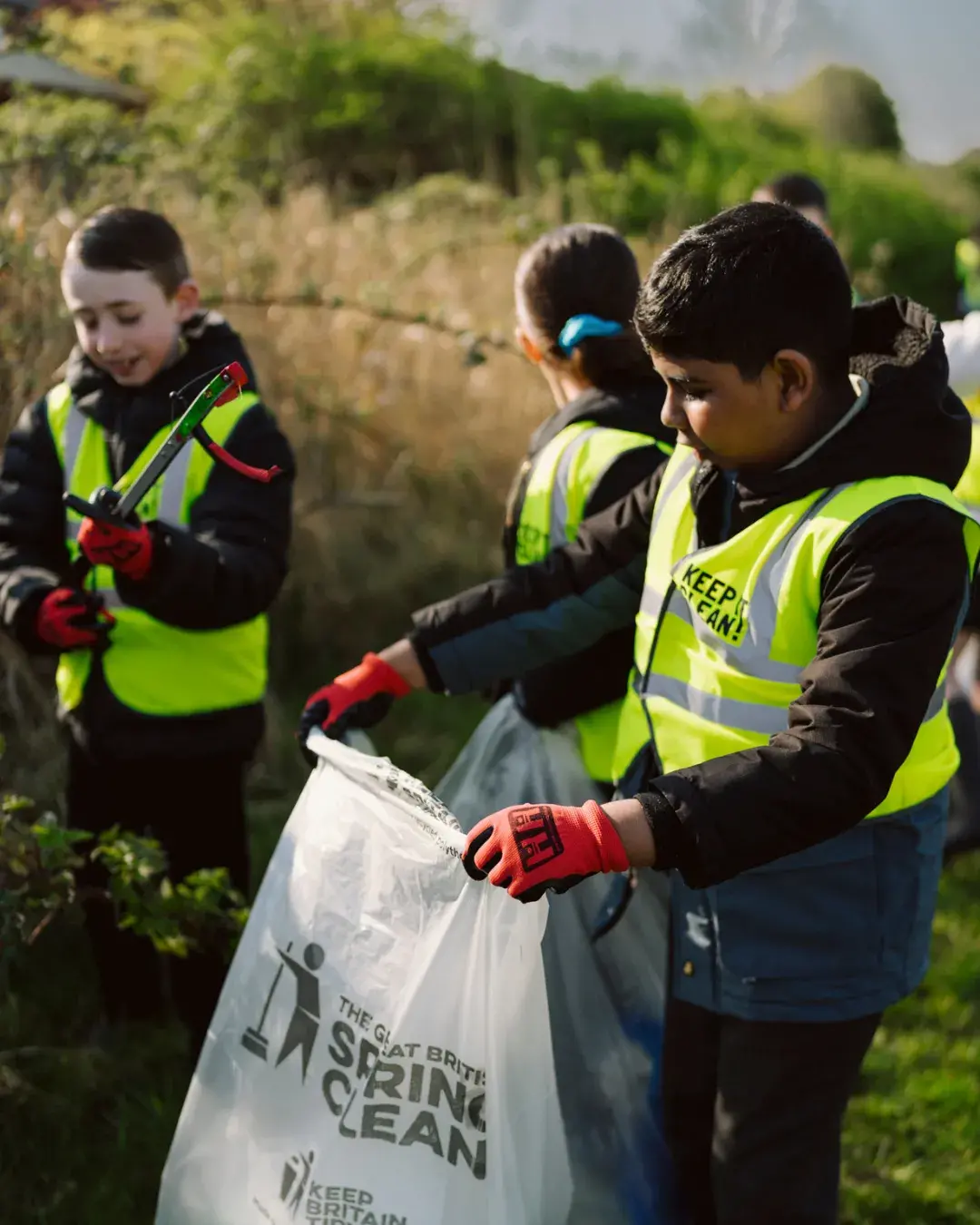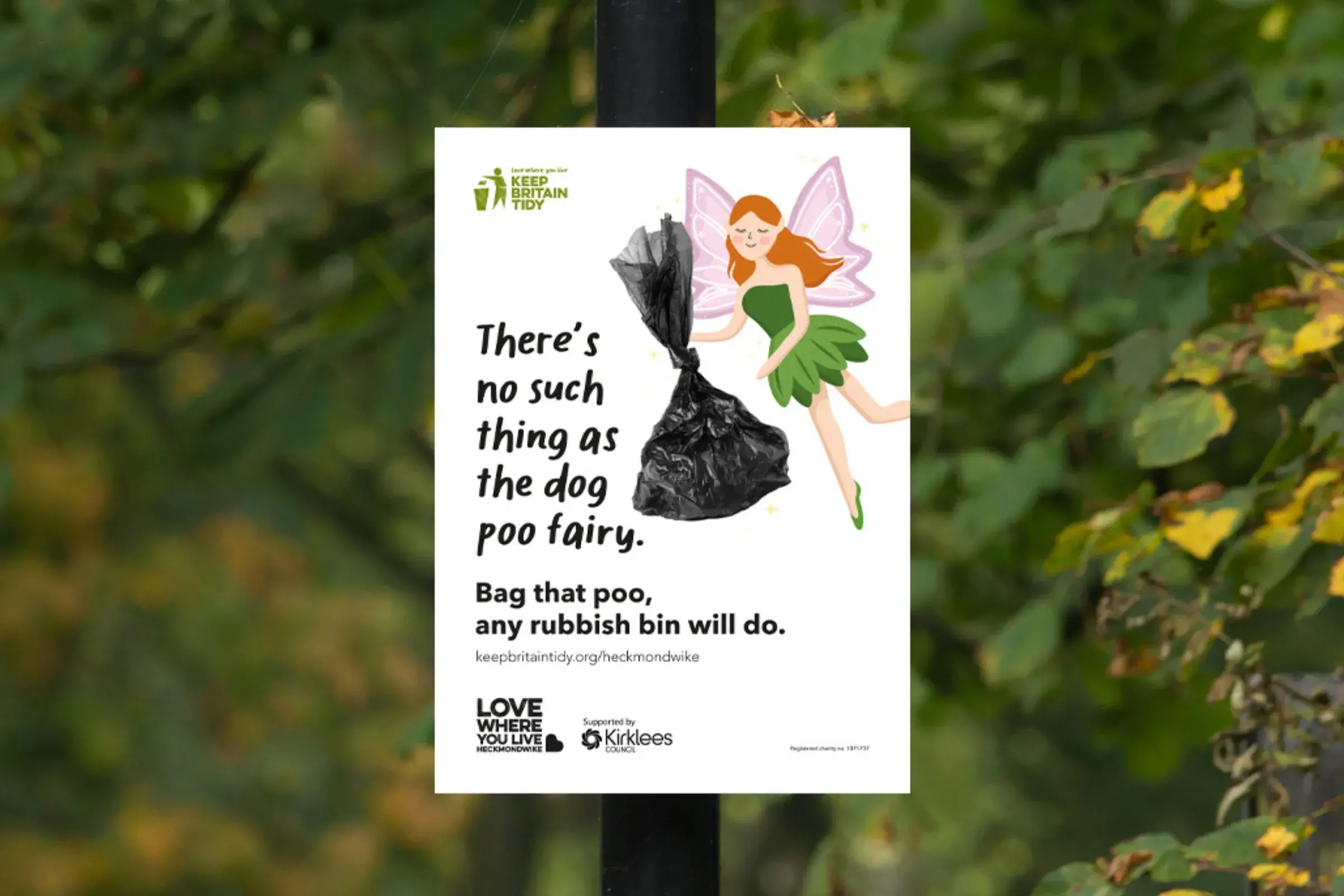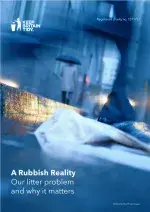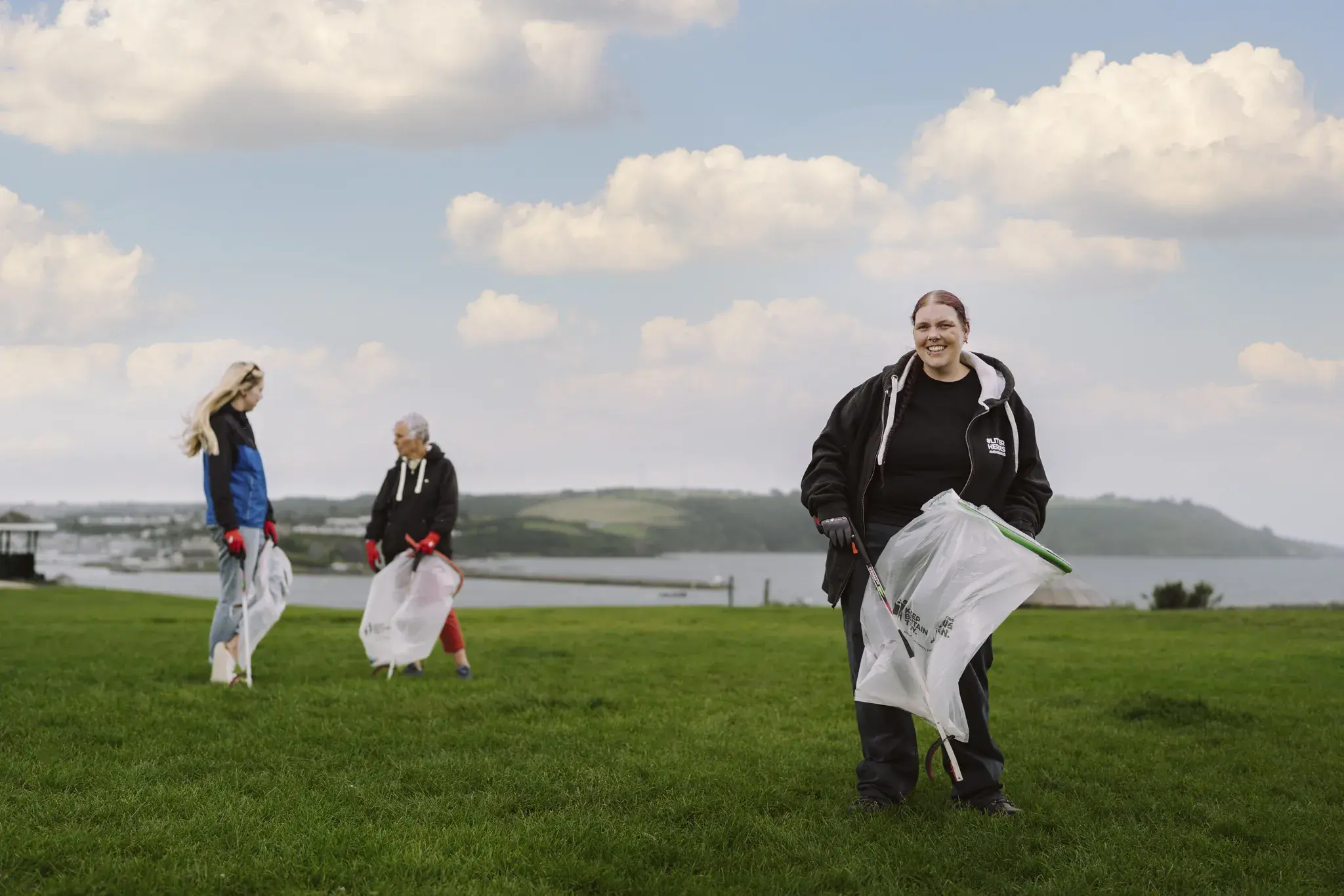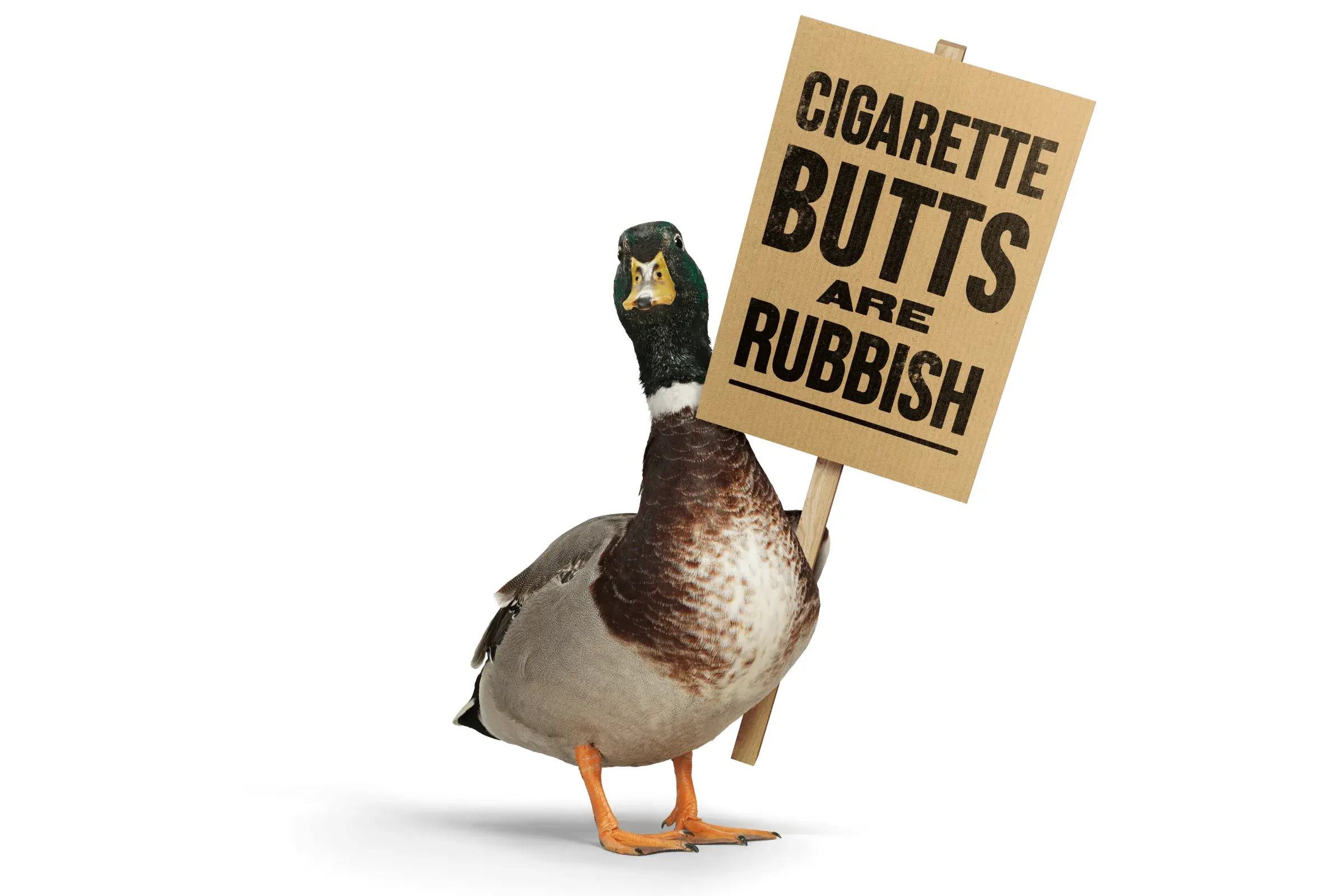Littering is a crime under the 1990 Environmental Protection Act, punishable with a fine of up to £2,500 in court but usually dealt with through a fixed penalty notice of up to £150 in England.
It is a crime that affects every community in the country and pollutes every environment, from the tops of mountains to the remotest beaches.
It makes places look unloved and uncared for, it increases people's fear of crime, it damages our waterways and eco-systems, it injures or kills pets and wildlife. The RSPCA reports that it receives about 5,000 calls a year about animals injured by litter. Unless it is picked up, litter can, ultimately, end up adding to the plastic pollution in our oceans, breaking down into microplastics that, finally, find their way into the food chain having been ingested by fish.
Eighty per cent of the plastic in our oceans comes from the land and it is estimated that by 2050 there will be more plastic, by weight, than fish in our oceans. The cigarette butts and plastic wrappers dropped in our towns and cities, which wash down our drains, add to this plastic menace.
